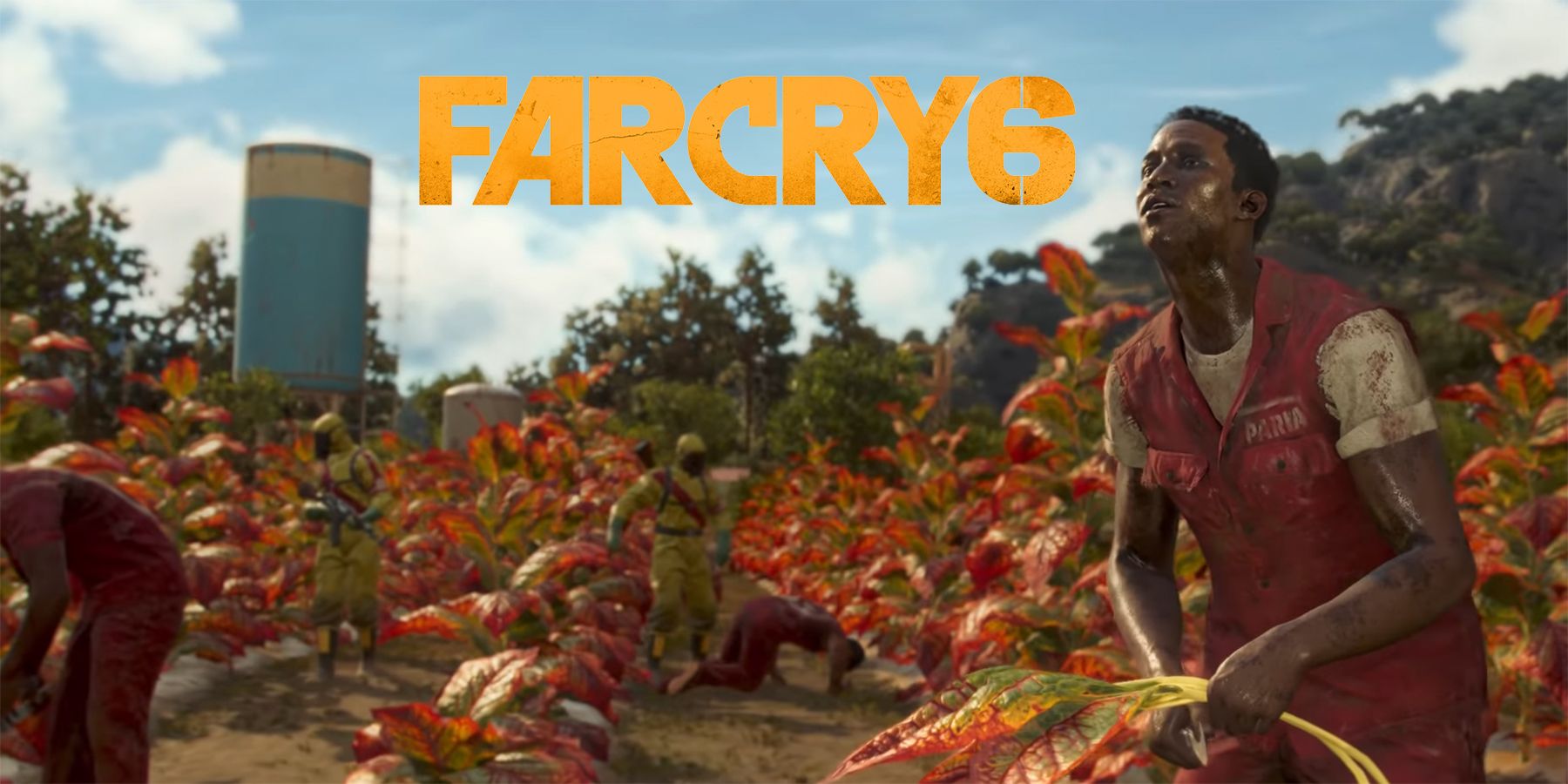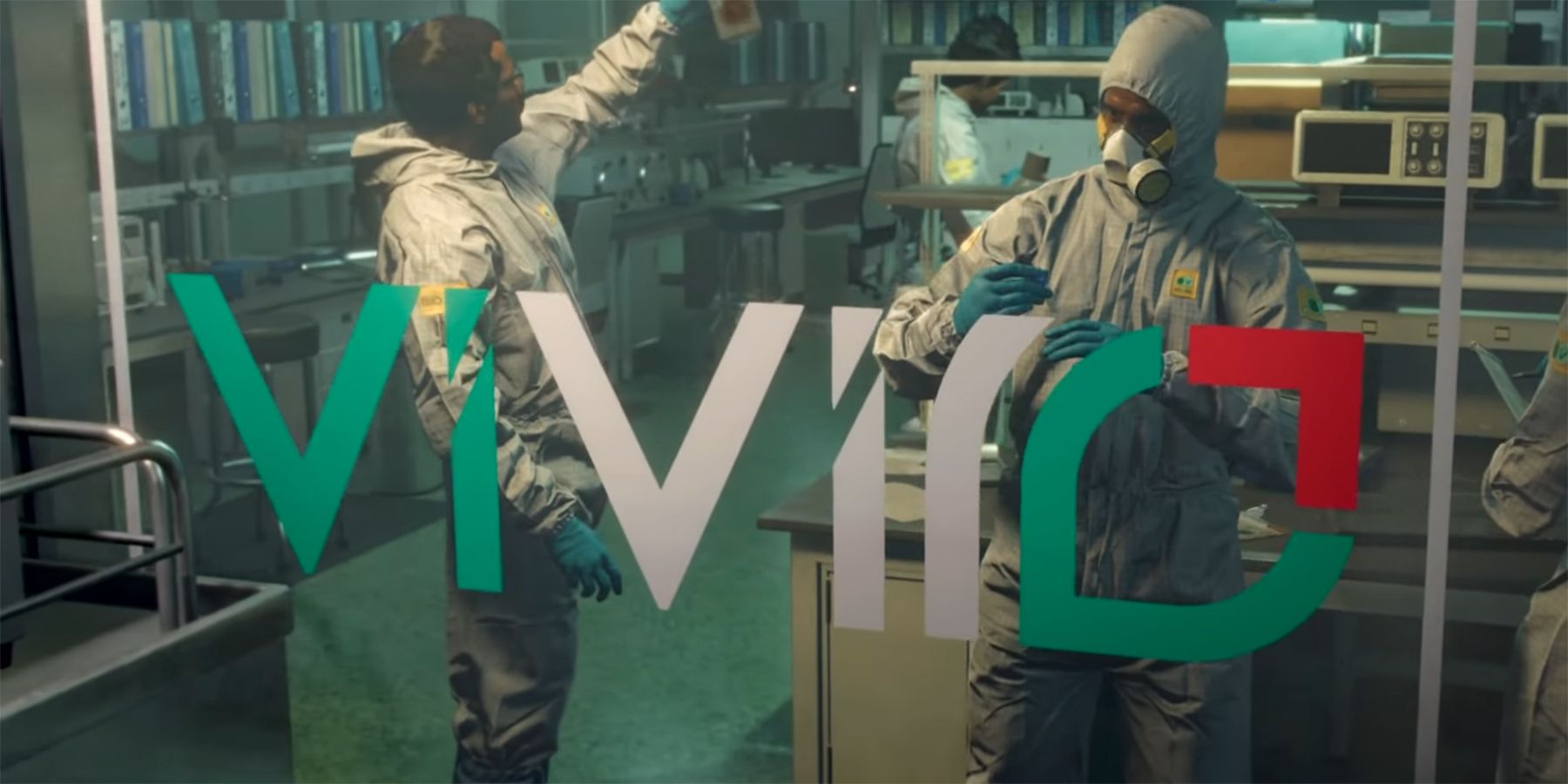Picture this: A dictator or tyrant-like autocrat essentially requisitions an entire country to fulfill their selfish enterprise. Most might be thinking of a Far Cry game in particular, because that's usually what the narrative of each game can be boiled down to, at least on a base level. Ever since Far Cry 3, the villain of each mainline entry (and even some spin-offs as well) has been a dictator-style figure with the franchise's now-trademark tinge of insanity. The same can especially be said for Far Cry 6, which features notable actor Giancarlo Esposito acting as the main antagonist Anton Castillo. As active dictator of Yara, he has all the trappings of a proper franchise villain.
Based on what's been shown thus far, this upcoming villain will potentially be one of the best Far Cry villains to date. The pedigree of Giancarlo Esposito's career, alongside the added character variable in Anton's son Diego, makes Far Cry 6's villain that much more compelling. However, beyond the design and character development of villains in Far Cry, the stories themselves have never exactly been on the same level of polish or nuance in comparison. That was most evident in Far Cry 3; Vaas and tangentialy Hoyt were the center of the players' attentions, but the white savior story was not nearly as interesting. Far Cry 6 is poised to follow suit with the set up for its main conflict.
Prior to Far Cry 6's story trailer, which premiered at Gamescom's Opening Night Live earlier this week, the game's narrative seemed like a compelling adaptation of a rebellion based on the Cuban revolution. Dani Rojas' steady development into the supposed hero of Libertad will understandably contextualize the destruction players can cause, and should keep them invested in the protagonist's story. Anton Castillo, as portrayed by Giancarlo Esposito, should have no problem living up to the legacy of other iconic Far Cry villains like Vaas and Pagan Min. However, even if all of those aspects of Far Cry 6's narrative are rock solid, the conflict has some shaky backing.
The narrative hook for the main conflict of Far Cry 6 is, for lack of a better phrasing, basically absurd. Granted, Far Cry is not known for having the most nuanced and complex storytelling, as the characters are what shine through the most in Ubisoft's storytelling. However, Far Cry 6's backstory is on another level of ridiculous: The basic premise for Yara's sudden goldrush-fueled dictatorship is from a certain crop of tobacco being utilized as a highly effective form of cancer treatment. Aptly named "Viviro," Anton Castillo is implementing forced labor to develop, sell, and distribute the drug internationally at a premium, all in service to "rebuild paradise" in Yara.
Now, in all fairness, this is a purely fictional circumstance where Yarans discover a self-proclaimed "cure" for cancer. Obviously, there's no merit in discussing the scientific accuracy of utilizing a form of tobacco to treat cancer, but as a concept it is a bit unbelieavable in the context of what's already known of Far Cry 6. In a poor and conflict-torn country on the brink of civil war, it's hard to believe that the Castillo regime has dedicated time to its pharamceutical R&D to make such a breakthrough in medical science. Especially when it's related to tobacco, an exported leisure crop often associated with things like Cuban cigars, a largely disposable resource.
Putting aside the plausibility of a tobacoo crop becoming the source of a cancer treatment, even if that was a potential reality, the situation in Yara would be far less isolated than Far Cry 6 makes it seem. Even in the most trailer, an international news station is interviewing Anton Castillo, but there's no indication that the international community is not in any way concerned that Castillo's regime has a stranglehold on a major medicinal breakthrough. There's no way other much larger countries would be willing to accept a deal with a ruthless dictator to purchase a cancer cure, especially considering what Anton is being accused of doing to his people in Yara.
Perhaps this absurdity is something that's specifically addressed throughout Far Cry 6's story, but other than the passing mention of Viviro, that doesn't appear to be the case. Much like the Far Cry games before it, the characters are clearly going to be the focus of Far Cry 6's story, alongside the burgeoning revolution that Dani Rojas will presumably usher in. However, using a tobacco-fueled cancer "cure" as an inciting incident for the game's main conflict is certainly a strange design choice. Especially as something that comparatively doesn't matter in the long-term narrative development of Far Cry 6, it just seems like a ludicrous excuse for a source of conflict in-game.
Far Cry 6 releases on October 7, 2021, for PC, PS4, PS5, Stadia, Xbox One, and Xbox Series X/S.


